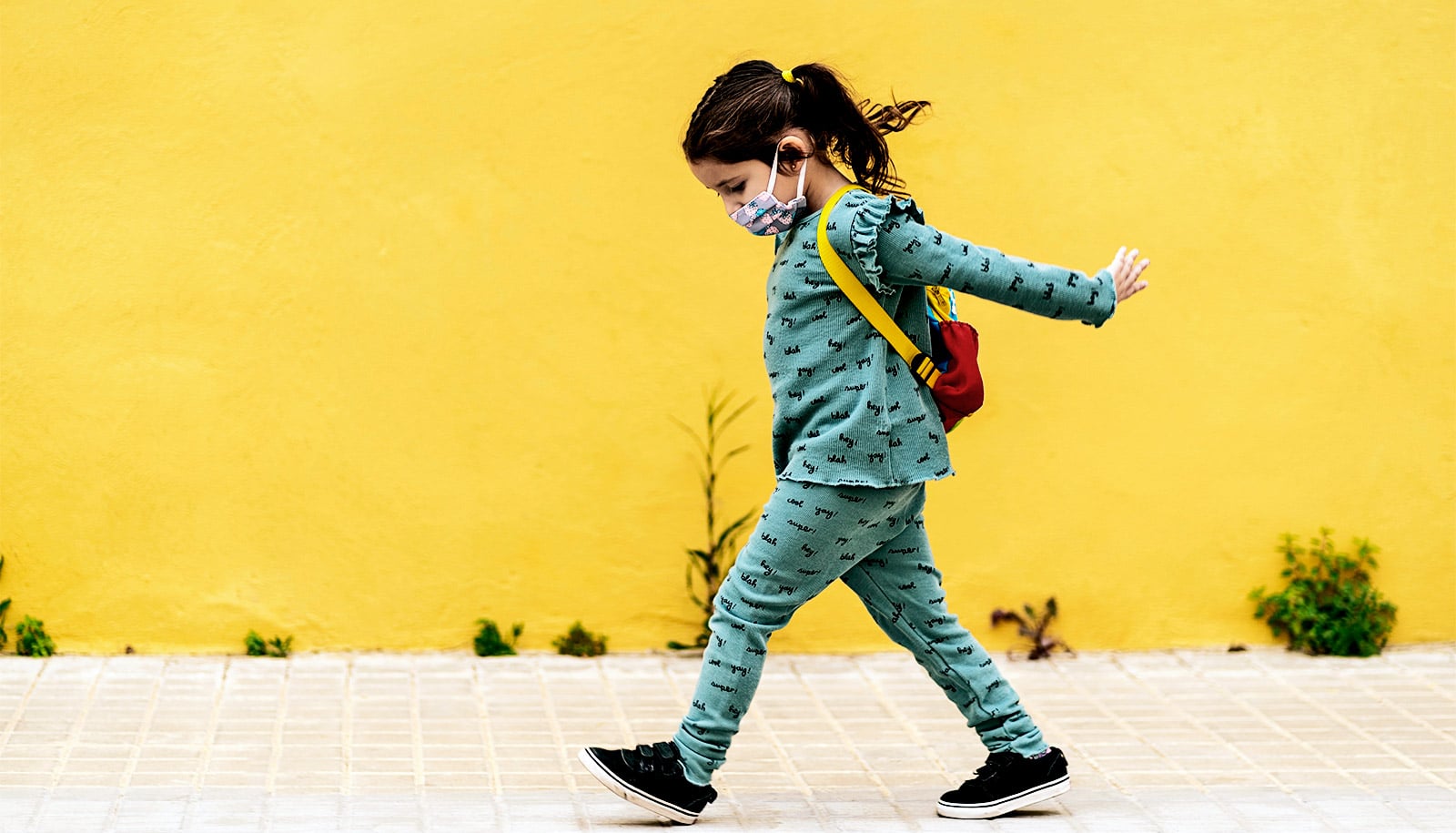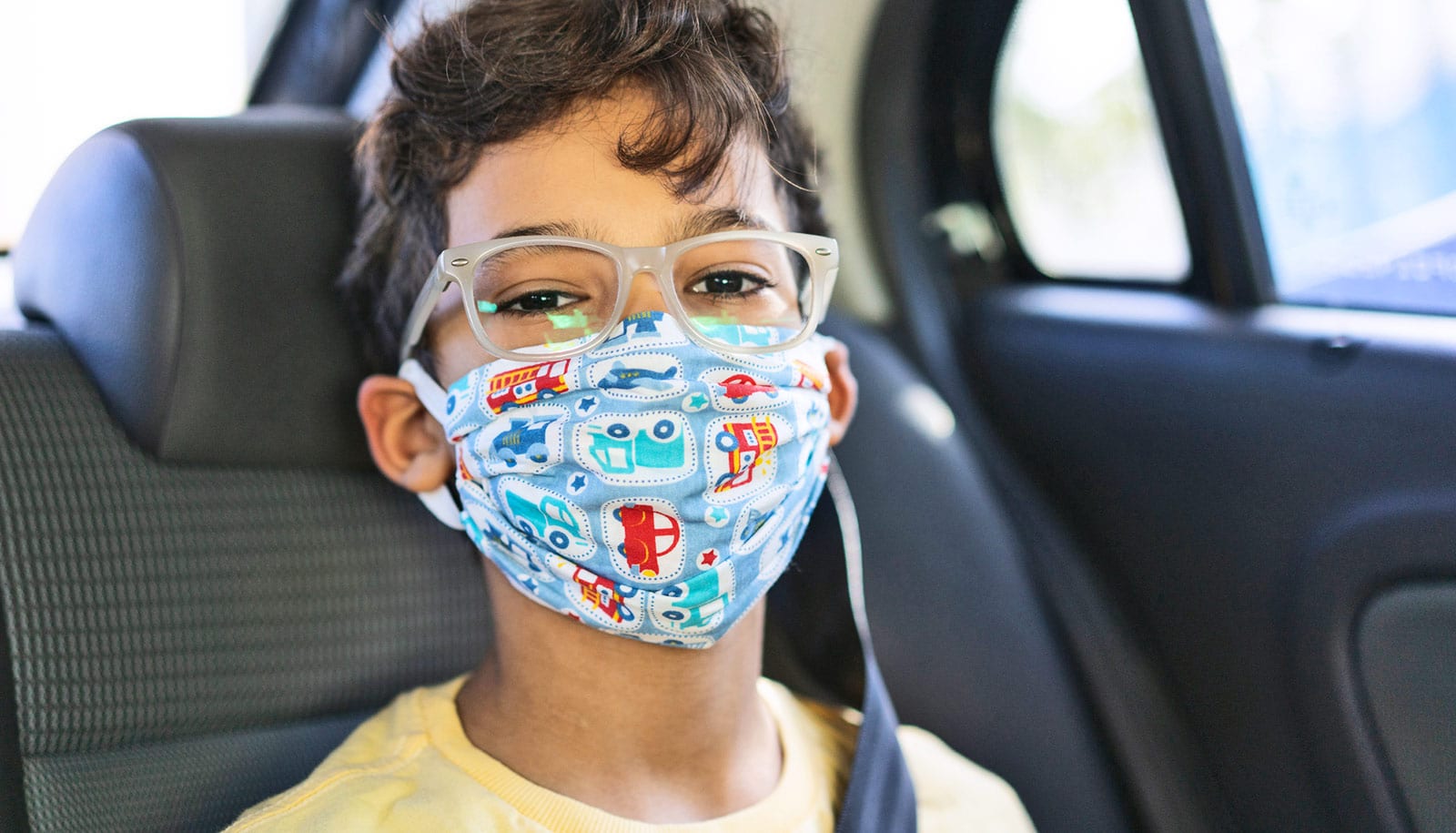Researchers are working on a COVID-19 vaccine for young kids, based on a well-established childhood vaccine for the common illness rotavirus.
A COVID-19 vaccine for kids younger than 16 currently doesn’t exist.
Researchers reverse-engineered the rotavirus genome to serve as a vector for the now-familiar SARS-CoV-2 spike protein and successfully generated genetically stable recombinant rotaviruses that contain portions of the spike protein. That could lead to a combined rotavirus-COVID-19 vaccine to replace current widely used vaccines for rotavirus.
“Our findings raise the possibility of constructing rotavirus vaccine strains that are capable of protecting against not only rotavirus but also COVID-19,” says Asha Philip, a graduate student working with John Patton, a professor of biology and chair of virology at Indiana University.
Preliminary findings from their research appear as a working paper on bioRxiv and as part of the National Institutes of Health Preprint Pilot. Preprints are working papers awaiting peer review.
Rotavirus is common among young children, causing nausea and diarrhea, but vaccination has long reduced its spread in many countries. A combined rotavirus-COVID-19 targeted vaccine would be a huge step forward, Philip says.
By leveraging rotavirus immunization programs already in place, health workers could distribute and administer a combined vaccine to infants and young children around the world. Although children make up a tiny fraction of COVID-19 infections and deaths, they may be asymptomatic carriers of the disease, compromising our ability to reach herd immunity.
A vaccine for young children would also allow schools to open up more freely, allowing activities that involve close contact. And the process used to create rotavirus-based combination vaccines may also prove useful for vaccines against other intestinal viruses such as norovirus.
The team is now working to determine how successful the combined rotavirus-SARS-CoV-2 vaccine is at producing the desired antibody response. Meanwhile, the current results emphasize the potential of a combined vaccine becoming a routine immunization for children in the not-too-distant future.
Source: Indiana University



